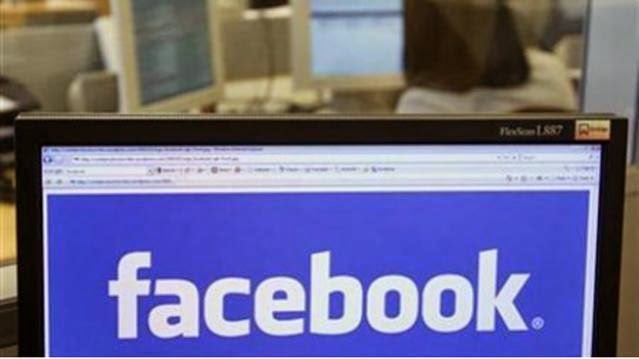Facebook has released its second transparency report for government requests between July and December 2013.
The US had the most number of requests for user accounts, but India leads when it comes to censoring content. India was also second on the list when it came to asking for access to user accounts and in terms of total requests as well, even ahead of the UK.
In all, the Indian government made a total of 3,598 requests, and asked for access to over 4,711 accounts. Facebook complied with over 53.66 percent request which is a fairly proportion. Facebook’s report also notes that India had over 4765 requests for content censorship. The report says that Facebook “restricted access in India to a number of pieces of content reported primarily by law enforcement officials and the India Computer Emergency Response Team under local laws prohibiting criticism of a religion or the state.”
As far as United States was concerned, it asked for a total of 12,598 requests and over 18,715 users or accounts. Facebook complied with 81.02 percentage of requests. United Kingdom was third on the list with a total of 1,906 requests. The number of accounts requested were 2,277 and Facebook has complied with 71.30 percent of the requests.
Facebook however has not revealed the requests which were made under the Foreign Intelligence Surveillance Act (FISA) as they are required to wait six months before releasing it. Facebook has only provided the number within a range of 1000 and it can’t give out the exact requests. Given that these requests are under the National Security Letters, Facebook can’t give all the details.
Facebook’s General Counsel, Colin Stretch, wrote in the company’s blog saying, “When we receive a government request seeking to enforce those laws, we review it with care, and, even where we conclude that it is legally sufficient, we only restrict access to content in the requesting country. We do not remove content from our service entirely unless we determine that it violates our community standards.”
He also wrote that where, Facebook does comply with requests, “they share basic information only – such as name and IP address.”
While the numbers do shed a light on how many requests were made by governments across the world, it doesn’t spell out details on how or why an account can be affected. Where censorship of content is concerned, in India all we get to know is that this was content that was offensive to a particular religion or the state. Again this doesn’t spell out much about the content which was censored.
Overall, the parameters of how or why a information on an account is asked still remain vague and Facebook still has a long way to go where transparency is concerned.













